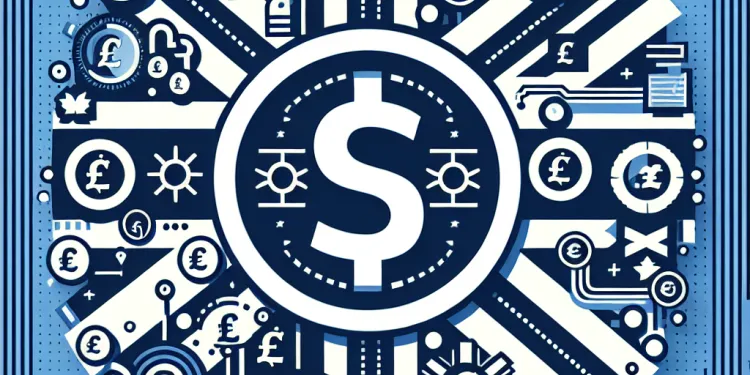
Find Help
More Items From Ergsy search
-

Universal Credit Adjustments: What Recent Changes Mean for Claimants
Relevance: 100%
-

What work-related requirements exist for Universal Credit claimants?
Relevance: 92%
-
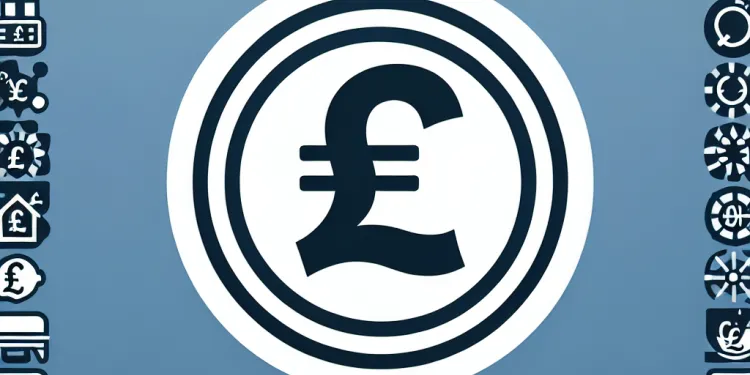
What is Universal Credit in the UK?
Relevance: 81%
-
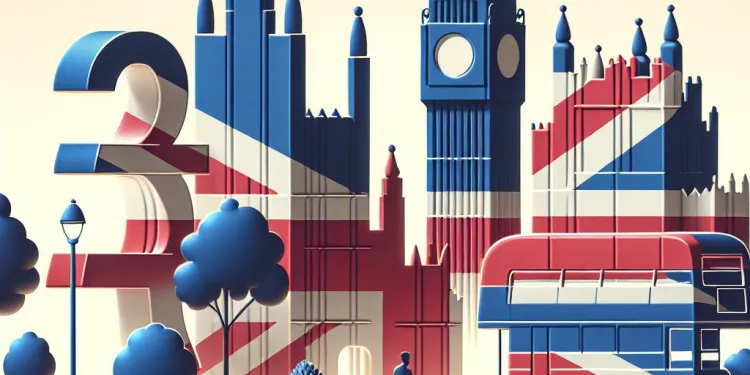
Can Universal Credit be stopped or sanctioned?
Relevance: 77%
-

How is Universal Credit paid?
Relevance: 72%
-
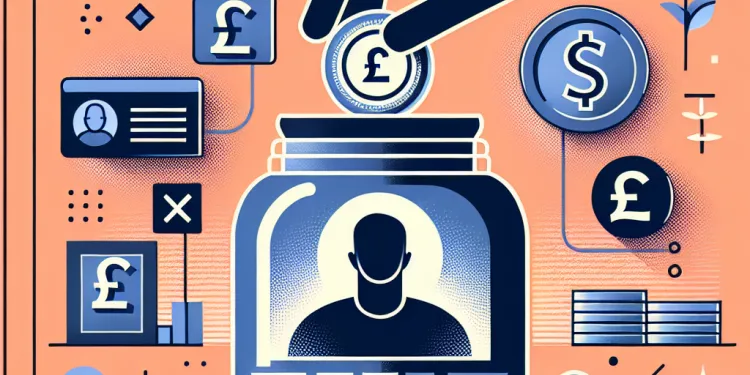
Can I apply for Universal Credit if I am self-employed?
Relevance: 70%
-

How is the Universal Credit amount calculated?
Relevance: 68%
-
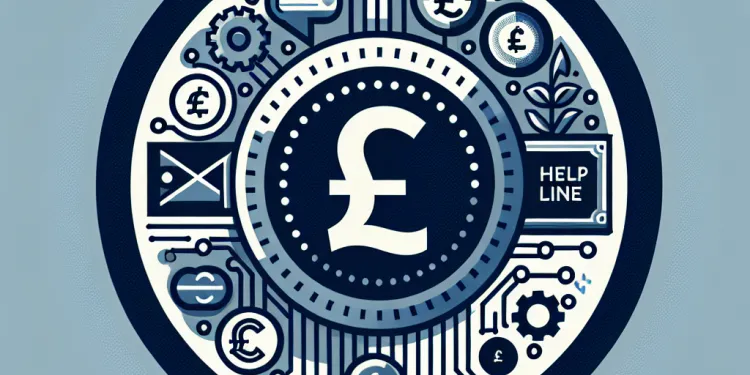
What is the Universal Credit helpline number?
Relevance: 68%
-
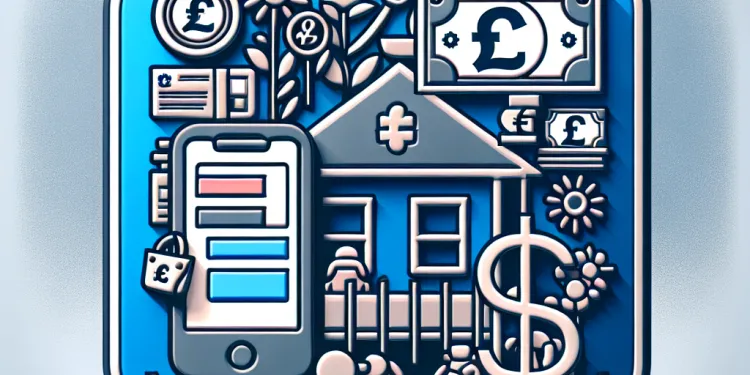
Does Universal Credit cover childcare costs?
Relevance: 68%
-

Applying For Universal Credit
Relevance: 66%
-
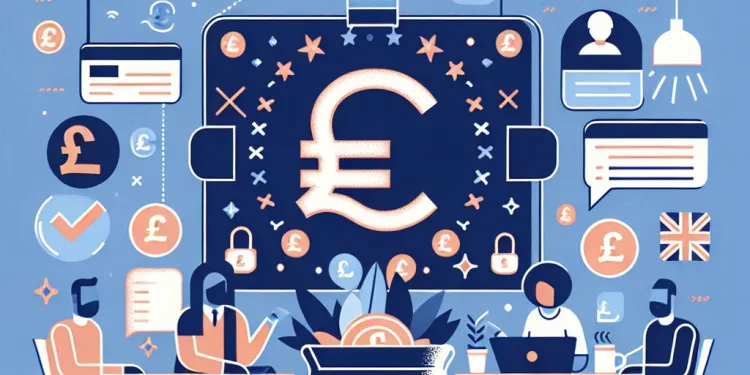
Who can apply for Universal Credit?
Relevance: 65%
-
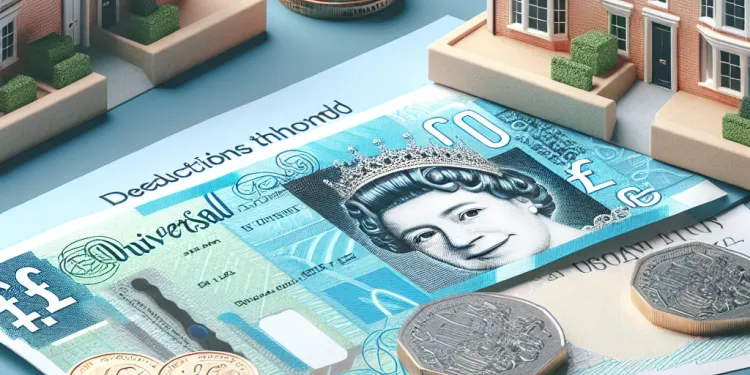
Are there any deductions from Universal Credit?
Relevance: 64%
-
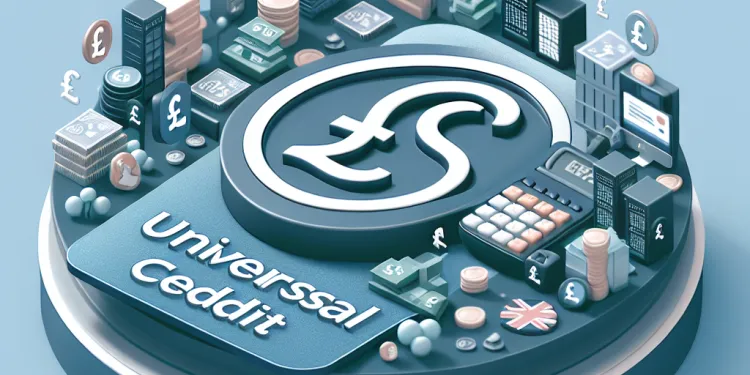
How can I apply for Universal Credit?
Relevance: 62%
-

Government Announces Increase in Universal Credit Payments Ahead of Winter
Relevance: 58%
-
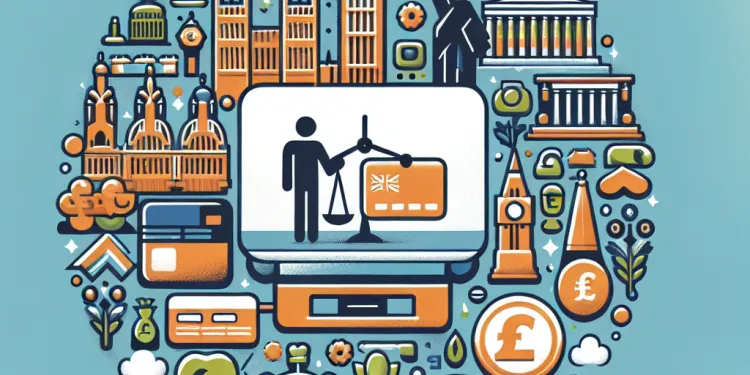
What if I disagree with a Universal Credit decision?
Relevance: 53%
-

Are there changes expected for tax credits in April 2026?
Relevance: 52%
-
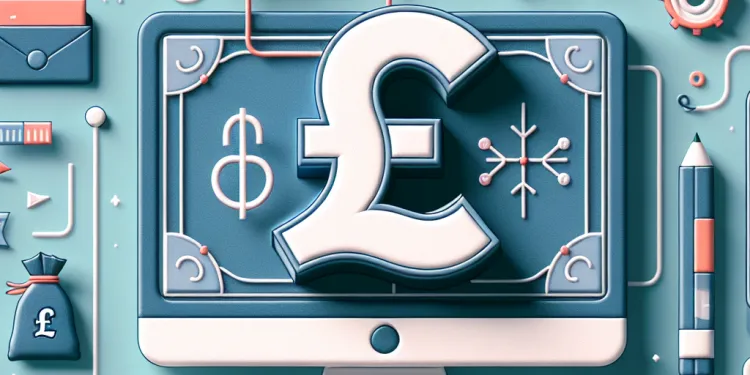
Can you receive Universal Credit if you are in full-time education?
Relevance: 52%
-

How long does it take to receive the first Universal Credit payment?
Relevance: 51%
-

What is an advance payment of Universal Credit?
Relevance: 51%
-
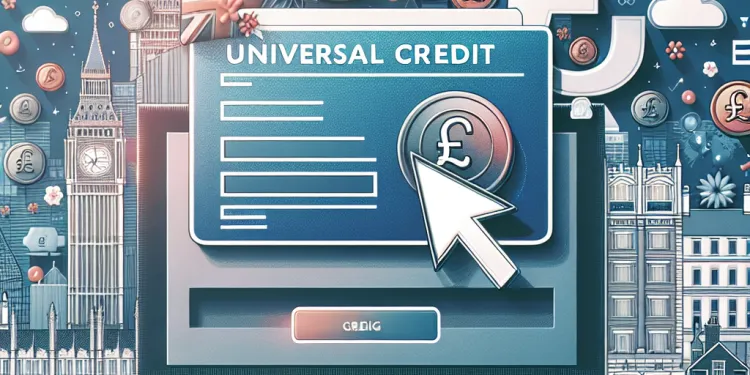
What documents are required to apply for Universal Credit?
Relevance: 51%
-
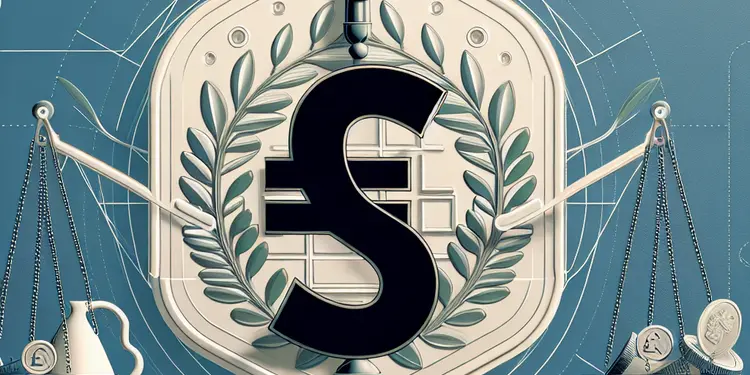
High Court Ruling on Universal Credit 'Unlawful' Cap Pending
Relevance: 42%
-
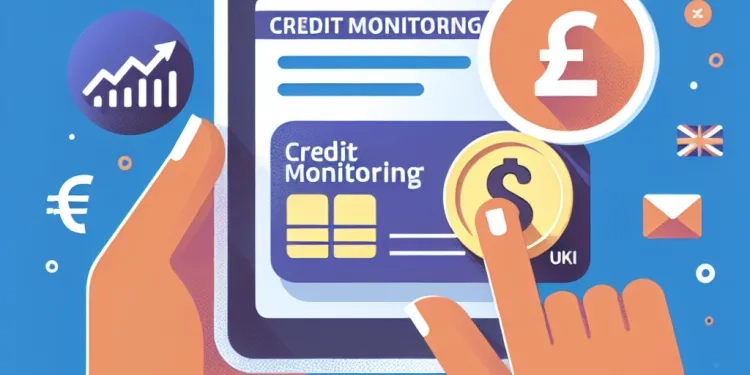
What is credit monitoring?
Relevance: 32%
-
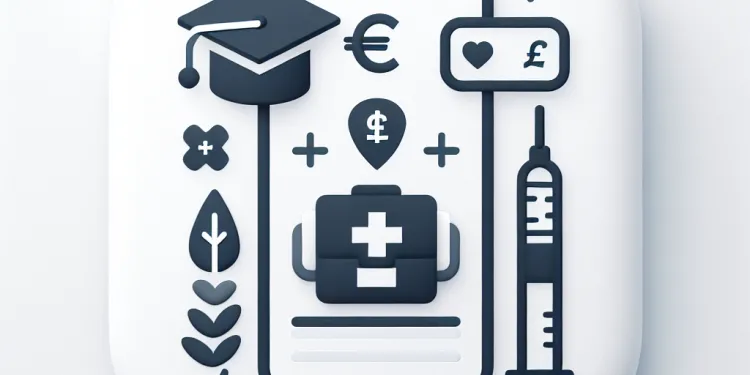
Can first aid courses be applied for college credit?
Relevance: 31%
-
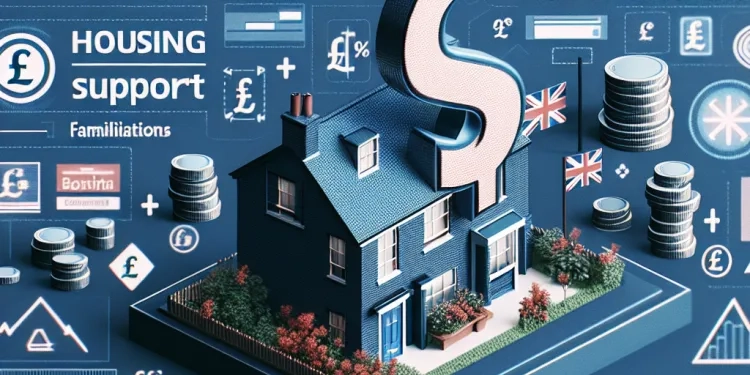
Is housing support included in Universal Credit?
Relevance: 30%
-
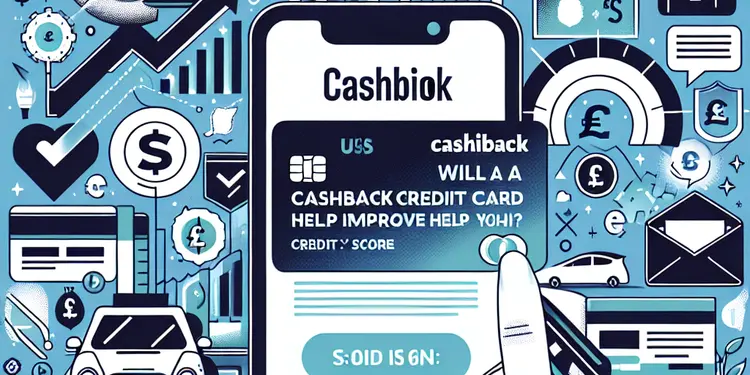
Will a cashback credit card help improve my credit score?
Relevance: 29%
-
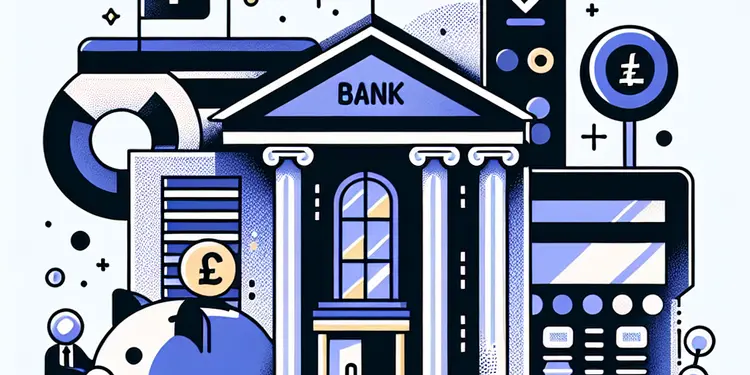
Will switching banks affect my credit score?
Relevance: 28%
-

Credit Union tour of Wales
Relevance: 28%
-

Will transferring a balance affect my credit score?
Relevance: 27%
-

What happens if I have a credit on my account?
Relevance: 27%
-
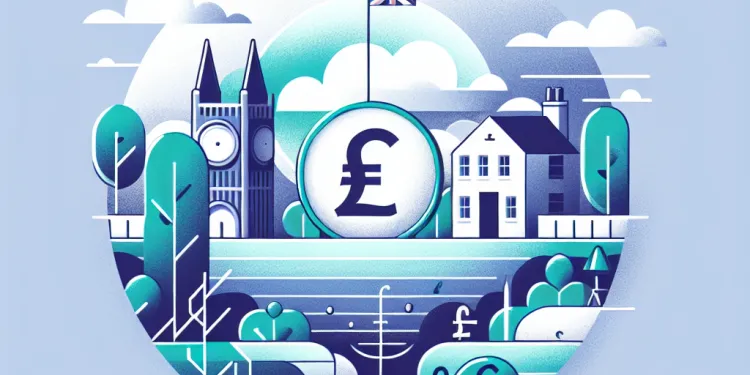
What if my circumstances change?
Relevance: 27%
-

Can eviction affect my credit score?
Relevance: 27%
-
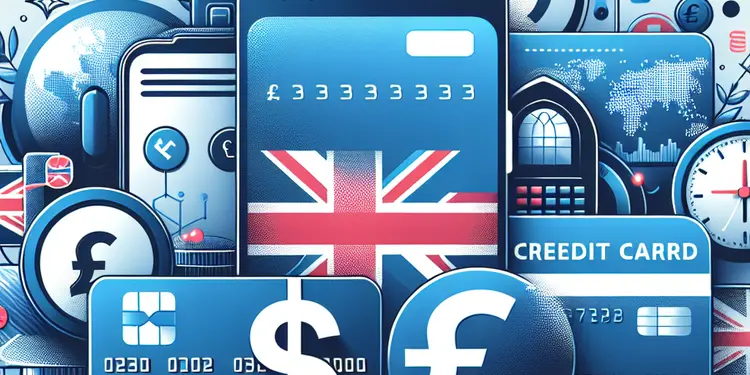
What is credit card fraud?
Relevance: 27%
-
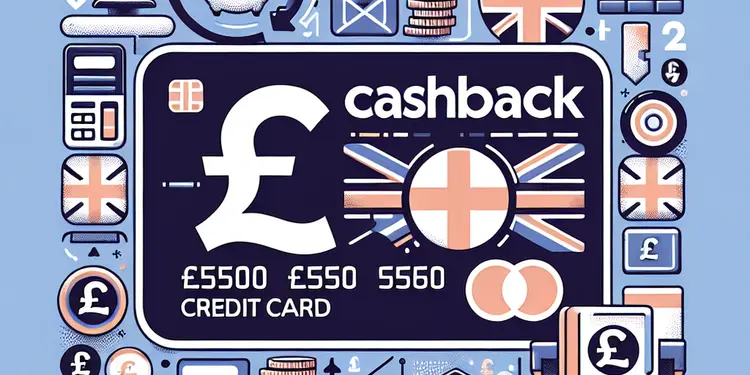
What is a cashback credit card?
Relevance: 27%
-
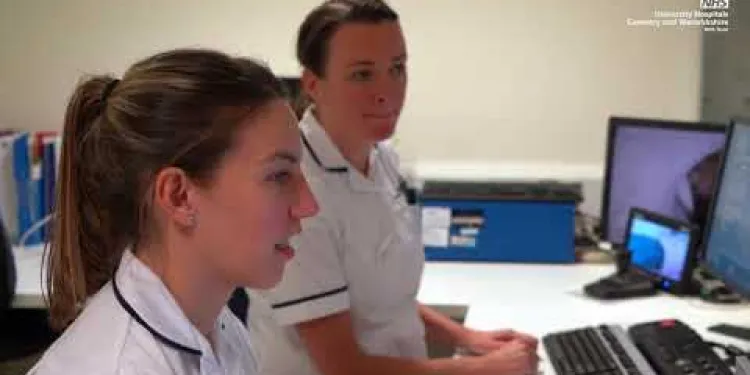
Radiotherapy Services at University Hospital
Relevance: 26%
-

Are there any drawbacks to using a cashback credit card?
Relevance: 26%
-

Is a cashback credit card right for me?
Relevance: 26%
-

What is a balance transfer credit limit?
Relevance: 26%
-

How does Universal Credit affect other benefits?
Relevance: 26%
-

Does applying for an income-driven repayment plan affect my credit score?
Relevance: 26%
-
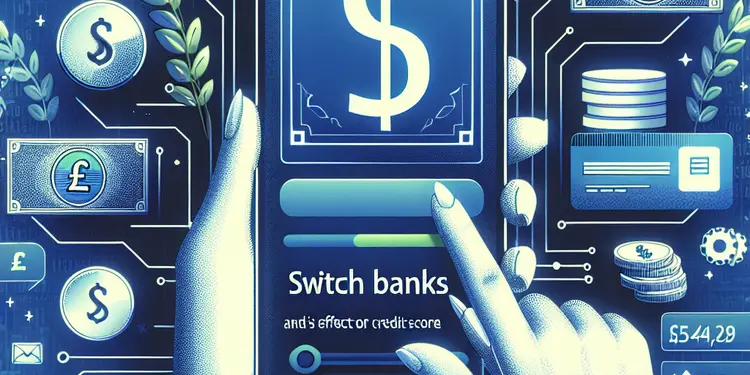
Will switching banks affect my credit score?
Relevance: 26%
Introduction to Universal Credit Adjustments
Universal Credit, a comprehensive benefit system in the UK, has undergone several adjustments recently. These changes aim to improve the system’s efficiency and better address the needs of claimants. Understanding these adjustments is crucial for claimants to navigate the benefits system effectively and maximize their entitlements.
Changes in Work Allowances
One of the significant changes involves the work allowance thresholds. The work allowance is the amount of money a claimant can earn before their Universal Credit payment is affected. Recently, these thresholds have been increased, allowing claimants to earn more before their benefits are reduced. This change is particularly beneficial for working families and individuals, as it provides greater financial stability and encouragement to take up employment without immediate benefit penalties.
Adjustment in the Taper Rate
The taper rate, which determines how much Universal Credit is reduced as earnings increase, has also seen a change. The rate has been reduced from 63% to 55%, meaning for every additional pound earned, only 55 pence is deducted from the Universal Credit payment instead of 63 pence. This adjustment aims to make work more rewarding and to incentivize claimants to increase their working hours or take on better-paying jobs without fearing a drastic reduction in benefits.
Support for the Self-Employed
There have been specific changes aimed at supporting self-employed claimants, especially in the aftermath of challenges posed by the COVID-19 pandemic. The Minimum Income Floor (MIF), which calculates assumed earnings for self-employed individuals, was temporarily waived during the pandemic. With recent adjustments, its reintroduction is being phased, with more flexible conditions to ease claimants back into standard regulations, providing enough time to recover and stabilize their earnings.
Increased Childcare Support
Universal Credit adjustments have also addressed childcare cost support. The maximum amount of childcare costs claimants can claim back has increased, making it easier for parents to afford childcare while working. This change significantly impacts low-income families, helping them balance work and family commitments without financial strain.
Impact of Financial Assistance Changes
These adjustments come in response to the ongoing cost-of-living crisis affecting many households across the UK. By increasing work allowances, reducing the taper rate, and providing additional support for self-employed individuals and parents, the changes to Universal Credit aim to provide a more supportive financial safety net. Claimants are encouraged to review these updates and seek guidance if necessary to understand how these changes might impact their individual circumstances.
Conclusion
The recent adjustments to Universal Credit are designed to improve the overall functioning of the system and to better meet claimants’ needs. By tackling barriers to work and providing more significant support to those with specific needs, the changes aim to make the benefits system fairer and more supportive. Claimants should stay informed about these updates to make the most of their entitlements and ensure stability during challenging times.
Introduction to Universal Credit Changes
Universal Credit is a benefit system in the UK to help people with money. Some things have changed recently to make it work better for everyone. It is important to learn about these changes to get the most from Universal Credit.
Changes in Work Earnings
There are new rules about how much money you can earn before your Universal Credit is lessened. Now you can earn more money before your benefits are reduced. This change helps families and people who work. It means you can keep more money if you have a job.
Changes to Money Deduction Rate
The money deduction rate tells you how much less Universal Credit you get when you earn more money. The rate went from 63% to 55%. This means for every extra pound you earn, only 55 pence is taken away from your Universal Credit, not 63 pence. This encourages people to work more or find a better-paying job.
Help for Self-Employed People
There are changes to help people who work for themselves, especially after COVID-19. The Minimum Income Floor was paused, and now it is coming back slowly. This gives self-employed people more time to get back to normal and make their business stable.
More Help for Childcare Costs
There is more money available to help with childcare costs. Parents can now claim back more money for childcare. This helps families who need to pay for childcare while working. It makes it easier for parents to work without worrying about childcare costs.
Why These Changes Matter
The changes are meant to help with the cost of living. By allowing people to earn more before reducing benefits, and providing more help for self-employed and parents, Universal Credit helps people have a stable life. It is good to learn about these updates and ask for help if you need to understand how they affect you.
Conclusion
The changes to Universal Credit make it better and fairer for everyone. By helping people work and supporting those with special needs, the system is more helpful. Keep informed about these changes to make the most of what you can get from Universal Credit.
Frequently Asked Questions
What is Universal Credit?
Universal Credit is a social security benefit in the UK designed to support low-income individuals or households by combining six legacy benefits into one monthly payment.
What recent changes have been made to Universal Credit?
Recent changes include adjustments to the work allowance, the taper rate, and increases in payment amounts in line with inflation. Specific updates can vary, so it's important to check with official resources.
How does the updated work allowance affect my benefits?
The work allowance is the amount you can earn before your Universal Credit starts to be reduced. Recent changes have increased this allowance, allowing you to earn more without affecting your payments.
What is the new taper rate for Universal Credit?
The taper rate is the rate at which your benefit is reduced as you earn more income. It has been lowered, meaning you will retain more of your earnings before your Universal Credit decreases.
Are there specific changes for claimants with disabilities?
Adjustments for claimants with disabilities may include changes to the limited capability for work and work-related activity elements. It's best to consult direct communication from DWP for personal circumstances.
Have there been changes to the way Universal Credit is calculated?
Yes, recent adjustments in earnings thresholds and limits reflect changes in work allowance and taper rates, affecting overall calculations. This aims to incentivize work and increase income retention.
How do these changes impact those with childcare responsibilities?
Changes in Universal Credit may increase the maximum payable amount for childcare costs to better support working parents, but specifics depend on individual situations.
Will these changes affect my housing costs coverage under Universal Credit?
If there are updates to housing cost elements, they will typically align with local housing allowance rates and broader policy adjustments, affecting how much housing support you receive.
When did these changes come into effect?
The changes were implemented in stages, with key updates occurring in the last fiscal year. Exact dates may vary, so refer to announcements from the Department for Work and Pensions.
Are there any changes to the eligibility criteria for Universal Credit?
While the main eligibility criteria remain the same, fluctuations in income thresholds and allowances might influence who qualifies, especially concerning work income.
How does the increase in payment amounts affect me?
Increased payment amounts in Universal Credit aim to mitigate inflation impacts, resulting in higher monthly payments for eligible claimants based on their individual circumstances.
Do the recent changes include any adjustments for young people?
Specific adjustments may target young claimants, especially in relation to training and job opportunities, but core changes affect all groups primarily through work-related factors.
Are there any deadlines or time-sensitive actions required for claimants?
It is crucial to report any changes in circumstances promptly to avoid overpayments or missed adjustments, but there are generally no new specific deadlines triggered by recent changes.
Will these changes require me to submit new applications or documentation?
Normally, ongoing claimants don't need new applications, but updating your online account with any change in circumstances is necessary to ensure correct payment adjustments.
Has communication from the Department for Work and Pensions increased regarding these changes?
Yes, the DWP has increased efforts to inform claimants through direct mail, online updates, and campaigns to ensure everyone understands how changes affect them.
Can I appeal decisions or adjustments made under the new rules?
Yes, there is an established process for contesting decisions if you believe adjustments have not been properly applied or assessed. Contact the DWP for appeals procedures.
How do these changes affect joint claims?
For joint claims, both members' work allowances and income are considered. Changes impacting individual earnings or allowances apply collectively.
Are self-employed people affected differently by these changes?
Self-employed claimants might see changes in how income is assessed, particularly with the minimum income floor adjustments and reporting requirements.
What resources are available to help understand these changes?
The DWP website, Universal Credit helpline, and various local advice centers offer support in understanding personal implications of these changes.
How do these Universal Credit changes align with other social security benefits?
Though Universal Credit consolidates multiple benefits, changes correspond with national living wage updates and broader tax credit modifications to ensure coherence in social support.
What is Universal Credit?
Universal Credit is a payment. It helps people who need money. It is for people who do not have a job or do not earn much.
Universal Credit helps you pay for things like food and bills.
If you need help with reading, ask a friend or family member. You can also use tools like a text reader that reads the words out loud.
Universal Credit is money from the government in the UK. It helps people who do not have much money. It puts together six other money help programs into one payment every month.
What new things have been added to Universal Credit?
There have been some changes. These include how much money you can earn, how they take money off, and increases in payments because things are getting more expensive. The details might change, so it's a good idea to check with official sources for the latest information.
How do the new rules change my benefits?
The work allowance is the amount of money you can earn before your Universal Credit goes down. Now, you can earn more money. This means you keep more of your pay, and your Universal Credit stays the same for longer.
What is the new taper rate for Universal Credit?
Universal Credit is money to help you if you do not have a lot of money or a job.
"Taper rate" means how much less of this money you get when you start making more money at work.
The new "taper rate" means people can keep more of their money even if they earn some from work.
You can ask someone for help to find out the exact new rate or use a simple calculator online to see how it works for you.
The taper rate is how much less money you get from benefits when you start earning more from work. The government has made this lower. This means you can earn more money from work before your Universal Credit goes down.
Are there special changes for people with disabilities?
If you have a disability, there might be changes to the work rules for you. To find out about your own situation, it's a good idea to talk directly with the DWP (Department for Work and Pensions).
Has the way they work out Universal Credit changed?
Yes, there have been changes to how much money you can earn before it affects benefits. This is to help people keep more money when they work.
How do these changes affect people who look after children?
If you look after children, these changes might make things different for you.
Here are some tips to help:
- Make a list of what has changed.
- Talk to someone you trust about your concerns.
- Use a calendar to plan your days around the new changes.
- Ask for help if you need it from friends or family.
Changes to Universal Credit might mean more money for childcare costs. This can help parents who have jobs. How much you get depends on your own situation.
You can use tools like budget planners or talk to a support worker to understand how this affects you.
Will these changes change how Universal Credit pays for my home?
If there are changes to housing costs, they will usually match local housing rules and bigger policy changes. This can change how much help you get for your home.
When did these changes start?
To help you understand, you can use:
- A calendar to see the dates.
- Ask a friend or teacher for help.
- Look for a note or email with the date.
The changes happened step by step. Important changes took place last year. Dates might be different, so check the news from the Department for Work and Pensions.
Has the eligibility for Universal Credit changed?
Have the rules for who can get Universal Credit changed?
If you need help understanding, you can ask someone you trust or use a support service to explain it to you.
The rules about who can get help are mostly the same. But if the amount of money you can earn changes, it might change who can get help, especially if you have a job.
What happens if my payments go up?
The money people get from Universal Credit will be more. This is because prices are going up, which is called inflation. Because of this change, people who can get Universal Credit will get more money each month. How much more they get depends on their own situation.
Do the new changes help young people?
Here is a simpler way to ask: Do the new rules or updates make things better for young people? Think about changes at school, in rules, or in services. Look for new things that can help or support young people.
Use tools like picture charts or talk to someone who can explain. Ask questions if you do not understand something. Get help from a teacher, family member, or friend.
Changes might focus on helping young people, especially with learning and finding jobs. But the main changes are for everyone because they are about work.
Do people making a claim have to do things by certain dates?
It is very important to tell someone if things change, like your job or where you live, as soon as you can. This helps to make sure you get the right amount of money. There are no new time limits for reporting changes right now.
If you need help, you can ask a friend or family member, or use tools like a calendar or reminder app to keep track of any changes you need to report.
Do I need to send new papers because of these changes?
If you already get these payments, you usually don't need to apply again. But if something in your life changes, you should update your online account to make sure you get the right amount of money.
Is the Department for Work and Pensions talking to people more about these changes?
Helpful Tip: You can use pictures or symbols to understand better.
Try asking someone for help if you find it difficult to understand.
Yes, the DWP is working hard to tell people about changes. They are sending letters, updating websites, and doing campaigns. This helps everyone know what is different and how it affects them.
Can I ask for a change if I don't like a decision or change made by the new rules?
Yes, you can ask for a decision to be checked if you think it is wrong. This could be about changes that were not done or checked properly. You should talk to the DWP (Department for Work and Pensions) to find out how to do this.
What do these changes mean for people making a claim together?
When two people make a claim together, we look at how much both of them can earn and how much money they make. If anything changes for one person, it affects both of them.
Do these changes affect self-employed people in a different way?
If you work for yourself, the way your money is looked at might change. This is about how much money the government thinks you should make and what you need to tell them.
What can help us understand these changes?
Here are some things that can help:
- Books: You can read books with pictures and simple words.
- Videos: Watch short videos that explain changes.
- Apps: Use apps that make learning fun and easy.
- People: Ask a teacher or friend to help you.
These tools can make it easier to learn.
The DWP website can help you. You can also call the Universal Credit helpline. Local advice centers are there to help too. They can all help you understand what these changes mean for you.
How do these Universal Credit changes work with other benefits?
Universal Credit combines several benefits into one. When the national living wage or tax credits change, Universal Credit also changes. This keeps everything working well together.
Useful Links
This website offers general information and is not a substitute for professional advice.
Always seek guidance from qualified professionals.
If you have any medical concerns or need urgent help, contact a healthcare professional or emergency services immediately.
- Ergsy carfully checks the information in the videos we provide here.
- Videos shown by Youtube after a video has completed, have NOT been reviewed by ERGSY.
- To view, click the arrow in centre of video.
- Most of the videos you find here will have subtitles and/or closed captions available.
- You may need to turn these on, and choose your preferred language.
- Go to the video you'd like to watch.
- If closed captions (CC) are available, settings will be visible on the bottom right of the video player.
- To turn on Captions, click settings .
- To turn off Captions, click settings again.
More Items From Ergsy search
-

Universal Credit Adjustments: What Recent Changes Mean for Claimants
Relevance: 100%
-

What work-related requirements exist for Universal Credit claimants?
Relevance: 92%
-

What is Universal Credit in the UK?
Relevance: 81%
-

Can Universal Credit be stopped or sanctioned?
Relevance: 77%
-

How is Universal Credit paid?
Relevance: 72%
-

Can I apply for Universal Credit if I am self-employed?
Relevance: 70%
-

How is the Universal Credit amount calculated?
Relevance: 68%
-

What is the Universal Credit helpline number?
Relevance: 68%
-

Does Universal Credit cover childcare costs?
Relevance: 68%
-

Applying For Universal Credit
Relevance: 66%
-

Who can apply for Universal Credit?
Relevance: 65%
-

Are there any deductions from Universal Credit?
Relevance: 64%
-

How can I apply for Universal Credit?
Relevance: 62%
-

Government Announces Increase in Universal Credit Payments Ahead of Winter
Relevance: 58%
-

What if I disagree with a Universal Credit decision?
Relevance: 53%
-

Are there changes expected for tax credits in April 2026?
Relevance: 52%
-

Can you receive Universal Credit if you are in full-time education?
Relevance: 52%
-

How long does it take to receive the first Universal Credit payment?
Relevance: 51%
-

What is an advance payment of Universal Credit?
Relevance: 51%
-

What documents are required to apply for Universal Credit?
Relevance: 51%
-

High Court Ruling on Universal Credit 'Unlawful' Cap Pending
Relevance: 42%
-

What is credit monitoring?
Relevance: 32%
-

Can first aid courses be applied for college credit?
Relevance: 31%
-

Is housing support included in Universal Credit?
Relevance: 30%
-

Will a cashback credit card help improve my credit score?
Relevance: 29%
-

Will switching banks affect my credit score?
Relevance: 28%
-

Credit Union tour of Wales
Relevance: 28%
-

Will transferring a balance affect my credit score?
Relevance: 27%
-

What happens if I have a credit on my account?
Relevance: 27%
-

What if my circumstances change?
Relevance: 27%
-

Can eviction affect my credit score?
Relevance: 27%
-

What is credit card fraud?
Relevance: 27%
-

What is a cashback credit card?
Relevance: 27%
-

Radiotherapy Services at University Hospital
Relevance: 26%
-

Are there any drawbacks to using a cashback credit card?
Relevance: 26%
-

Is a cashback credit card right for me?
Relevance: 26%
-

What is a balance transfer credit limit?
Relevance: 26%
-

How does Universal Credit affect other benefits?
Relevance: 26%
-

Does applying for an income-driven repayment plan affect my credit score?
Relevance: 26%
-

Will switching banks affect my credit score?
Relevance: 26%


